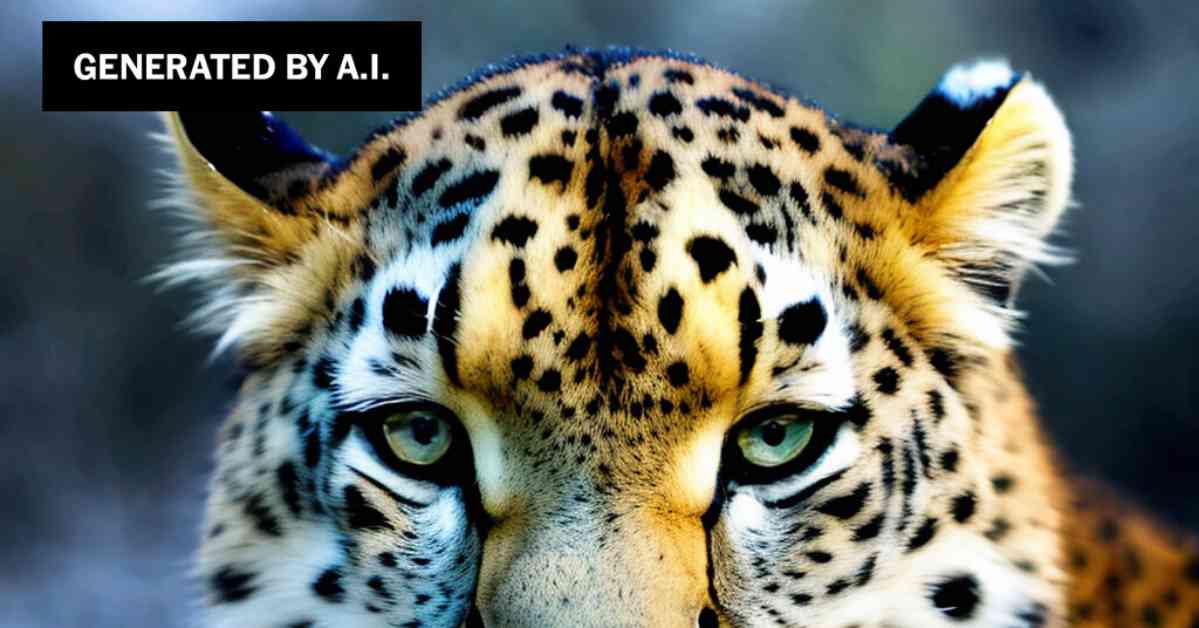Companies like Getty and Shutterstock are diving into the world of artificial intelligence (A.I.) by developing their own A.I. image generators using their own data. This move comes as a response to the legal battles that have emerged over copyright claims in the A.I. industry.
In the past, tech giants like Google and OpenAI faced legal challenges for using content from the web to train their A.I. models. Now, stock photo suppliers like Getty Images and Shutterstock are taking matters into their own hands by creating A.I. image generators with their own data. This approach allows them to bypass legal concerns and have more control over the content used to train their A.I. models.
While big tech companies have been racing to advance their A.I. technologies, there is a growing demand from visual media marketplaces, content creators, and artists for proper licensing agreements. They want to ensure that they are compensated for their work, which is used to train A.I. models and shape the future of the technology. This push for licensing is part of a larger effort to revolutionize the way A.I. models are developed, moving towards using licensed data instead of unauthorized content.
Although A.I. image generators are often used for entertainment purposes, such as creating fun images like the viral photo of the pope in a white puffer jacket, the tech industry believes that more businesses, including advertising agencies, would utilize these tools for marketing if there were clearer legal guidelines in place.
Getty’s partner, Picsart, is one example of a company that is capitalizing on this trend. Picsart is developing an A.I. image model using stock photos from Getty’s repository, targeting small- and medium-sized businesses. Known for its popular photo-editing app used by millions, Picsart is aiming to attract a new market of users interested in A.I.-generated content.
The collaboration between Getty and Picsart highlights the shifting landscape of the A.I. industry, where companies are taking proactive steps to address legal challenges and meet the demands of content creators and businesses. By developing A.I. technologies with licensed data, these companies are not only ensuring compliance with copyright regulations but also fostering a more sustainable and ethical approach to A.I. development.




















